July 2019
The King Shag population in Marlborough has increased over the past year. A report found an overall population of 789 King Shags recorded at 11 sites throughout the Marlborough Sounds. This is an increase from 633 birds recorded in the 2018 survey.
The census report on King Shag numbers was written by Mike Bell of Wildlife Management Int. Ltd, Peter Frost, Science Support Service, Graeme Taylor DoC and David Melville for New Zealand King Salmon (NZKS).
Several recommendations from the 2019 report will be adopted and the group will continue to monitor numbers annually for at least the next five years. Additionally, the group is working closely with a range of organisations including the Department of Conservation, Ministry of Primary Industries, Marlborough District Council, Marine Farming Association, the forestry sector, and iwi to undertake specific research to better understand the species.
It has been noted that Sentinel Rock remains abandoned by birds and, for the first time, no birds were recorded at Stewart Island. The Kuru Pongi/Trio Islands population is now split between the North and South Islands. A new roost site has formed at Moturaka/The Haystack.
“NZKS takes its environmental obligations very seriously,” NZKS Strategic Development Manager Mark Gillard says.
“That’s why we were very proactive in working with a range of stakeholders to develop the King Shag Management Plan in 2015. As a part of this, our aerial survey methodology is the first of its kind, following previous boat-based surveys, which were considered less reliable.”
“It is important we understand what is driving the potential changes in population, to ensure the sustained survival of this unique species in the Sounds.
“Salmon farming is already one of the most environmentally-friendly forms of animal food production in the world, and we are constantly striving to operate at best practice in order to do better for varied stakeholders – team members, shareholders, local communities and environment, consumers, and all New Zealanders,” Mr Gillard says.
Read the full 2019 report here
